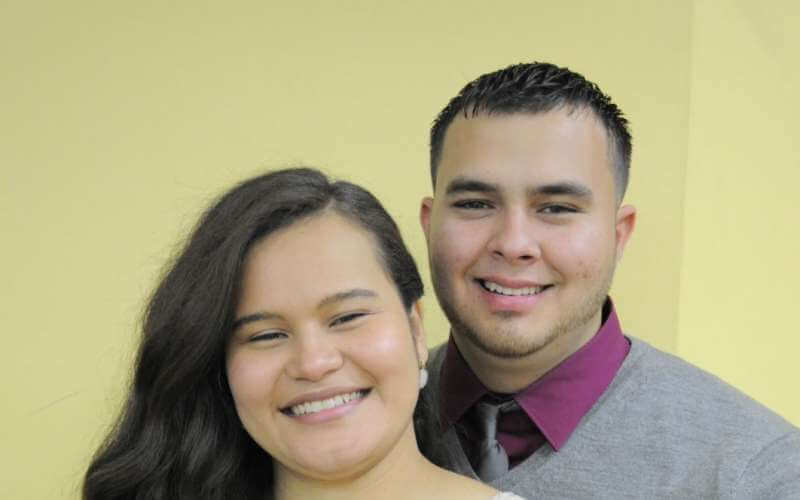
As a ten-year-old girl, Maria hardly remembers the day she crossed the border to the United States with her mother on their journey from Honduras. After settling in the New Orleans area, Maria quickly learned English and adapted to life in the United States. She attended Grace King High School, which she met her future husband, Jose, during her sophomore year.
Maria was excited to apply for Deferred Action for Childhood Arrivals (DACA) when the program was announced by President Obama in June 2012. USCIS granted and renewed Maria’s DACA status, thereby protecting Maria from removal from the United States and also providing her with a work authorization card, which in turn led to her obtaining a social security number and a driver’s license. In connection with her DACA status, Maria also applied to USCIS for advance parole so that she could visit her elderly and ill grandfather one last time in Honduras. Importantly, the advance parole allowed Maria to re-enter the United States legally after international travel, which was essential to Maria’s eligibility for her future application for a green card.
By the time Maria traveled to Honduras and back in 2016, she and her high school sweetheart, Jose, had married. Now that Maria could demonstrate her lawful entry into the United States via advance parole and had a U.S. citizen spouse petitioner, she became eligible to file a one-step adjustment of status case with USCIS. USCIS recently approved Maria’s application for adjustment of status (green card). In the meantime, Maria has graduated from high school and currently works as an English as a Second Language (ESL) educator at Phoebe Hearst School in Metairie, where she assists young people much like herself when she first arrived in the United States.




